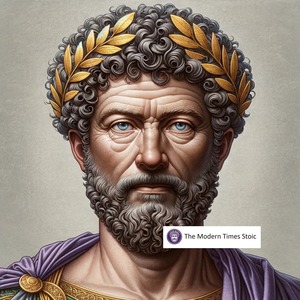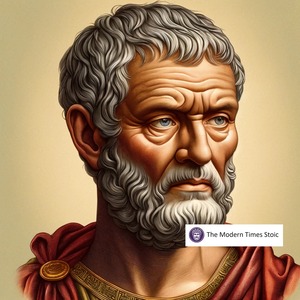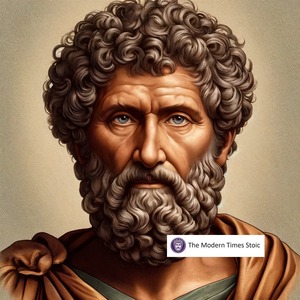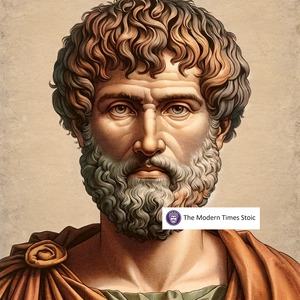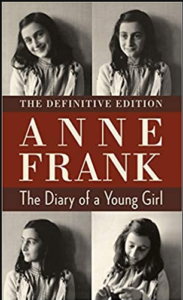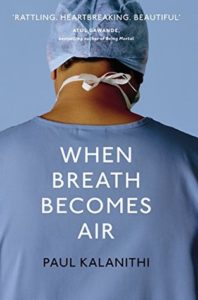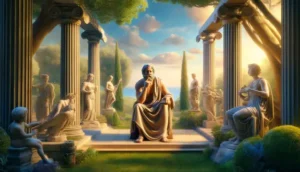I know. If you found the article title from google searches or social media platforms, you will ask “Why would you even read books about pain?” It may sound counterintuitive but reading about other people’s struggles can lessen the pain of your own. It is one of the popular Stoic techniques called view from above in which whatever you are going through see it through in the grand scheme of things.
Know that you are not alone struggling and that other people might even have much worse experiences. When you understand that pain is unavoidable and that problems are part of human experiences, the burden shrinks. It is the complete opposite when you are having anxieties and you see people on social media having the best times of their lives. There have been researches that show the correlation between depression and time spent on these platforms especially Instagram and Facebook.
Read through these lists. I read them all personally. They are all real human experiences. Some of the stories are tragic but on the flip side, my hope is that you understand that pain and struggle are a fact of life.
One of the things I appreciate about reading history books is that it makes me appreciate many of the privileges that we have or no longer have that will forever be part of our brutal past. Just about 100 years ago humans are being bought and sold as slaves and we have two world wars that killed millions of people. Of the most important casualty of the Second World War is Anne Frank.
It is a bit of shame that I only learned the extent of the real atrocities of the holocaust in my mid-20s. About 6 million Jews (you heard it right) were systematically murdered by the Nazi Party of Adolf Hitler in the Second World War via mass shootings, choke via gas chambers, and death through starvation and extreme labor in German extermination camps. It is still a debate how Hitler developed such extreme hate for the Jews but it can show you how monstrous it could be when a leader and a dictator have a prejudice towards a particular religion or race.
In her diary, Anne Frank recorded their family’s struggle during the Nazi’s persecution against the Jews. She and her family went to hiding for 2 years before getting caught and sent to the German concentration camps. I will not put so much details of what they went true but it was truly tragic. Here is a snippet from her diary:
“Our freedom was severely, restricted by a series of anti-Jewish decrees: Jews were required to wear a yellow star; Jews were required to turn in their bicycles; Jews were forbidden to use street-cars; Jews were forbidden to ride in cars, even their own; Jews were required to do their shopping between 3 and 5 P.M.; Jews were required to frequent only Jewish-owned barbershops and beauty parlors; Jews were forbidden to be out on the streets between 8 P.M. and 6 A.M.; Jews were forbidden to attend theaters, movies or any other forms of entertainment; Jews were forbidden to use swimming pools, tennis courts, hockey fields or any other athletic fields; Jews were forbidden to go rowing; Jews were forbidden to take part in any athletic activity in public; Jews were forbidden to sit in their gardens or those of their friends after 8 P.M.; Jews were forbidden to visit Christians in their homes; Jews were required to attend Jewish schools, etc. You couldn’t do this and you couldn’t do that, but life went on. Jacque always said to me, “I don’t dare do anything anymore, ’cause I’m afraid it’s not allowed.”
There is a movie adaptation about this book but I recommend reading the diary first.
2. When Breath Becomes Air by Paul Kalanithi
When Breath Becomes Air is a memoir by Dr. Paul Kalanithi. Paul was a neurosurgeon when during his final year of residency, his life took an unexpected turn – he was diagnosed with lung cancer. Paul wrote, “At age thirty-six, I have reached the mountaintop; I could see the Promised Land… Then a few weeks later, I began having bouts of severe chest pain… ”
Paul went his way philosophically to answer some of the hard questions asked by most people who are facing their mortality. What makes life worth living? Did I live my life according to my values? How can life pain be managed?
The book is beautifully written and I think one of the most important legacies of the book is that we should address those simple but hard questions in life. We don’t have to be on our deathbed. While we are healthy and still have so much energy, let us ask these questions so that we can devote all our energy to only the things that matter to us. Are we pursuing the things that we truly want or are we living our life to fulfill other people’s dreams? Do I really want my 8-5 job or should I shift career?
There is a popular practice among Stoicism practitioners called “Memento Mori”, Latin for “Remember You Will Die.” Each day remind yourself that you could leave the world. By doing so, you will be forced to think of your values and stick to them rather than putting your energy into nonsensical things.
Paul’s interview,
3. Narrative of the Life of Frederick Douglass
Slavery was indeed one of the darkest chapters of our human history. Born a slave, Frederick Douglass narrates what is like to be a slave in the 19th century in his autobiography Narrative of the Life of Frederick Douglass. As a child, he was spared from the worst kind of sufferings but witnessed the cruelty on fellow grown-up slaves at the hand of their masters. When he was at the right age, he shared the same fate as his older friends – forced to work under extreme conditions, beaten by their masters mostly to exhaustion, and sometimes with little or no food to eat. When he could no longer take it anymore, he attempted to escape but was caught. He finally succeeded on his next attempt and made his way to New York and vowed to abolish slavery.
4. Man’s Search for Meaning by Viktor Frankl
Holocaust spared nobody. Whether you are a professional, businessman, or politician, when you are a Jew the Nazi regime will send you to work in German concentration camps. Such was the fate of the famous psychiatrist and founder of logotherapy, Viktor Frankl. In his book, Man Search for Meaning, Frankl narrates his life in Auschwitz concentration camp. When you are forced to do hard labor with little or nothing to eat, deal with the constant fear of being sent to choke in the gas chamber, and beaten unjustly by the SS guards, Frankl asks the question, “What makes life still worth living.” A holocaust survivor, Frankl said that what made him get through is finding meaning in his sufferings. He added that whatever happens to us it is always in our power to choose what we think on our circumstances.
5. The Diving Bell and the Butterfly by Jean Dominique Bauby
In his memoir, Jean-Dominique Bauby describes his life before and after being physically paralyzed by a condition called locked-in syndrome. This autobiography was written entirely by Bauby blinking his left eyelid. His right eye has to be sewn because of an irritation problem. To write the book, a transcriber has to repeatedly recite a French language frequency-ordered alphabet and Bauby had to blink to choose the right letter to spell out the word. The book is full of emotions as Bauby expressed his frustrations, fears, and hope.
Watch the trailer of the film adaptation of the book.
